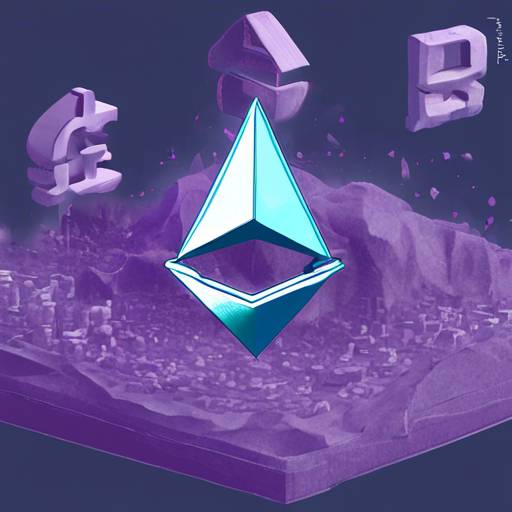Ethereum Co-Founder Expresses Concerns Over Risks in Layer 2 Scaling Solutions
Ethereum co-founder Vitalik Buterin has raised concerns about the potential risks associated with Ethereum’s Layer 2 (L2) scaling solutions. While L2 technologies offer improved scalability and reduced transaction fees, Buterin warns that they also come with significant vulnerabilities that could result in permanent financial losses.
Layer 1 vs. Layer 2 Risks
Buterin highlights the difference in consequences between failures at Layer 1 (L1) and Layer 2 levels. While L1 failures can usually be corrected with limited impact, L2 flaws pose a much graver risk, potentially leading to irreversible losses for users. As a result, he suggests implementing stronger security measures in L2 solutions to mitigate these risks.
Integration of L1 Features
To enhance the security and reliability of L2 frameworks, Buterin recommends integrating features that are standard in L1 solutions. This approach aims to address the vulnerabilities and bugs that arise due to the complex smart contracts and decentralized nature of L2 solutions.
Balancing Simplification and Risk
Buterin questions whether simplifying L1 protocols justifies the complexities and potential risks that emerge at the L2 level. He believes a more balanced approach is necessary to reduce risks across Ethereum’s two-layer infrastructure.
Expanding Scaling Efforts
Challenging the notion that scaling efforts should be confined to the L2 level, Buterin emphasizes the higher risk of permanent financial loss in case of a consensus failure in L1 compared to a bug in L2. This suggests the need for comprehensive risk mitigation strategies throughout Ethereum’s infrastructure.
The Role of AI in Security
Buterin expresses confidence in the role of artificial intelligence (AI) in enhancing Ethereum’s security. He sees AI as a valuable tool for formal verification and bug detection in code, which addresses Ethereum’s biggest technical risk. This aligns with the broader resurgence of AI in the sector, exemplified by notable advancements from OpenAI and Nvidia.
Hot Take: Striking a Balance Between Scalability and Security
Ethereum co-founder Vitalik Buterin’s concerns about the risks associated with Layer 2 scaling solutions highlight the need for a balanced approach to Ethereum’s scalability efforts. While L2 technologies offer improved scalability and reduced transaction fees, they also come with vulnerabilities that can result in irreversible financial losses. By integrating features from Layer 1 solutions into Layer 2 frameworks and expanding scaling efforts beyond just L2, Ethereum can enhance security and reduce risks. Additionally, Buterin’s confidence in the transformative potential of AI adds to the growing importance of AI in addressing security challenges. Striking a balance between scalability and security is crucial for the long-term success of Ethereum.





 By
By
 By
By

 By
By
